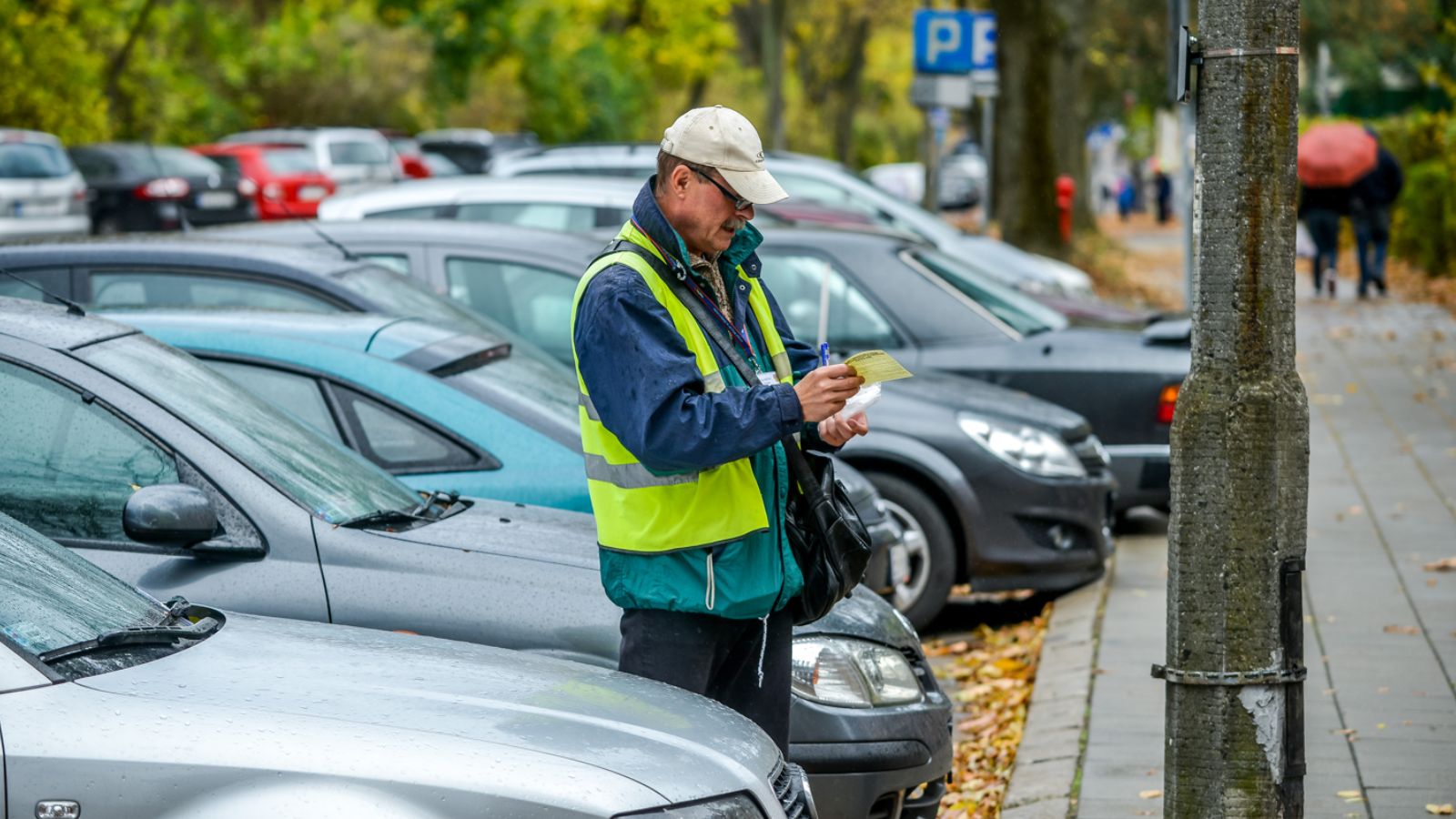The job market in the U.S. is always changing, with many seemingly timeless careers fading away as technology, automation, and changing habits reshape the country’s industries. Sure, these shifts create a lot of new opportunities in rising fields, but sadly, they also lead to the decline of roles that were once considered stable.
You’ll no doubt want to avoid putting your time into such disappearing careers, so here are some jobs that will disappear in America by 2030.
Travel Agents

The rise of online booking platforms and travel apps in the last 10 years has significantly reduced the demand for traditional travel agents. People now plan vacations from their phones, comparing flights, hotels, and activities all on their own, reducing the need for travel agents.
Yes, some agents still specialize in luxury or complex trips, but the majority of everyday bookings no longer require their services. Therefore, by 2030, this once-popular career will likely be reserved for niche markets or highly specialized roles.
Postal Service Workers

Due to the decline of traditional mail and the rise of email, digital payments, and online communication, postal service jobs are shrinking fast. Thankfully, package delivery remains strong, but companies like Amazon and FedEx are taking over much of that demand. Furthermore, automation is also playing a role in sorting and delivery processes, so postal work is definitely a dying industry.
Bank Tellers

Because of online banking, far fewer Americans visit brick-and-mortar banks today. Tasks like depositing checks, transferring funds, or even applying for loans can now be done from a smartphone. Obviously, some banks, especially rural ones, still employ tellers, but the need for them is decreasing rapidly.
Cashiers

Unless you’ve been living under a rock, you’ll know that self-checkout lanes and mobile payment options are transforming the retail experience, resulting in the demise of cashiers. At the moment, it’s primarily big retailers and grocery stores that are adopting these technologies to cut costs and speed up transactions.
However, it likely won’t be long until smaller stores pick up on this trend. Therefore, by 2030, traditional cashier roles may largely disappear, with workers moving into customer service or management instead.
Telemarketers

When was the last time you bought something from a telemarketer? Probably a long time. This sales technique is becoming a lot less effective as consumers grow more resistant to cold calls, especially because of annoying robocalls. Naturally, this is leading to the field shrinking fast, with companies shifting to digital marketing strategies like social media and email campaigns instead.
Data Entry Clerks

Most people can agree that it’s a good thing that automation and advanced software are making data entry jobs redundant. While this role was once essential for handling records, its decline is inevitable, and due to its repetitive nature, not many people are complaining.
Parking Attendants

These days, automated parking systems and app-based services are everywhere, causing parking attendants to become far more rare. Many modern parking facilities now use ticketless entry, mobile payments, and even robotic valet systems, and frankly, it’s a heck of a lot easier for everyone involved.
Print Journalists

Over the last two decades, the shift to digital news has drastically reduced the demand for print journalists. As a result, traditional newspapers are struggling to compete with online media outlets, where news is updated in real time. In fact, many print publications have already shut down or transitioned to digital formats, so by 2030, print journalism will probably be mostly gone in America. There’s something quite sad about that!
Textile Workers

For decades, the textile industry has slowly been impacted by automation and outsourcing, and it’s only getting worse. Machines now handle much of the production process, and many companies have moved operations overseas to cut costs.
Additionally, technology just keeps on advancing, leading even more jobs in this field to disappear. So, we highly doubt that textile workers will still be needed in 2030–at least in America.
Door-to-Door Salespeople

Just like with telemarketing, door-to-door sales were once a common way to reach customers, but times have changed. E-commerce, social media, and digital ads have made this approach largely obsolete. Consumers now research and purchase products online, leaving little room for in-person pitches.
Telephone Operators

The days of dialing “0” for an operator are long gone, as advancements in telecommunications have made this role pretty pointless. Automated systems now handle call routing and customer assistance, rendering human operators unnecessary. To be honest, this career has already disappeared in most of America.
Library Technicians

It’s a sad fact of modern life that, due to digital libraries and automated catalog systems, the need for library technicians is dwindling. Most librarian tasks, such as organizing books and managing checkouts, are now handled by technology, leaving libraries to remain as community hubs, causing staffing needs to shift significantly. In 2030, there will surely still be libraries, but these roles will no doubt become a lot more rare.
Lumberjacks

It shouldn’t be too surprising to learn that being a lumberjack isn’t a very future-proof career in 2025, let alone in 2030. Why? Well, the logging industry is increasingly turning to advanced machinery and robotics to harvest and process timber.
Thankfully, these technologies are a lot safer and more efficient, reducing the need for manual labor. Environmental concerns and sustainable forestry practices are also reshaping the field, so the redundancy of this career is probably for the best.
Filing Clerks

If you work in tech, you’ll have noticed that most businesses are moving to cloud-based systems and digital storage, meaning that filing clerks have pretty much become obsolete. Physical filing cabinets are being replaced by electronic databases, which are way faster and more efficient.
Travel Guides

Obviously, travel isn’t going away, but the role of traditional travel guides is definitely changing. Apps, online reviews, and virtual tours make it easy for travelers to plan their own adventures. Yes, guided tours still exist, but the demand for human guides is decreasing, and by 2030, we expect that this career may be limited to highly specialized or luxury travel experiences–much like with travel agents.
Factory Workers

It’s no secret that automation is transforming the manufacturing industry, replacing many factory jobs with machines and robots. Naturally, some roles will always remain, particularly in maintenance and quality control. However, the overall need for factory workers is shrinking fast, making it unlikely for most jobs to survive the next five years.
Photographic Process Workers

Because of smartphones, digital photography dominates these days, making traditional photographic process workers quite unnecessary. Despite developing film and printing photos once being essential services, analog photography is barely used anymore, making the job quite rare.
Tax Preparers

One of the most positive changes that we expect to see in the American workforce by 2030 is the reduction in the need for tax preparers. Conveniently, online tax software and apps have made filing taxes so much easier and more accessible, reducing the need for professional tax preparers.
Even today, many people now handle their taxes themselves or use automated tools for assistance, even if they don’t have any expertise in the area. Sure, it’s not ideal for tax preparers, but life is definitely going to be easier without them.
Bookkeepers

Finally, just like with tax preparers, the need for bookkeepers is dwindling, fast. Once again, automation and AI are streamlining bookkeeping tasks, including tracking expenses, generating financial reports, and making forecasts. Both small and large businesses are increasingly relying on software to handle these processes, so we highly doubt they’ll still be needed in 2030.
